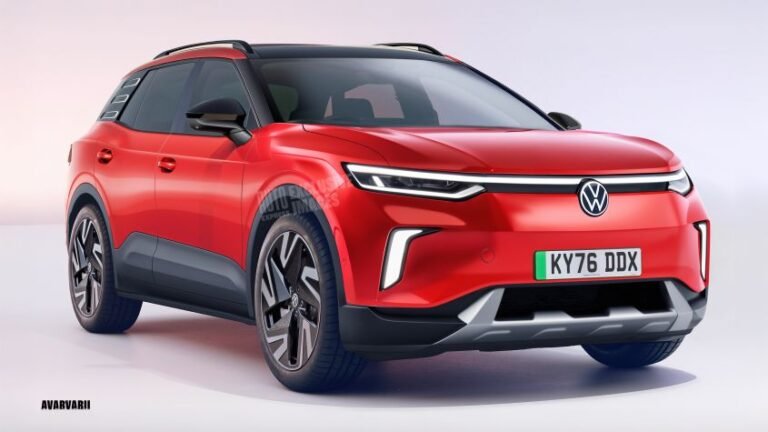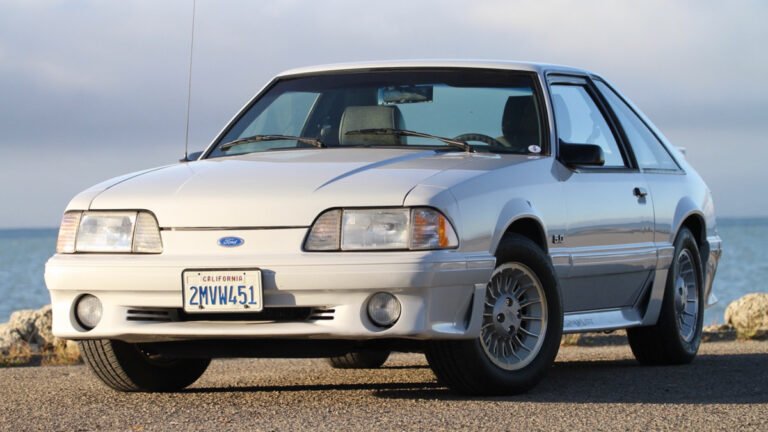It feels like a new alt-coffee startup launches every other week these days, so what will distinguish the winners from the losers in this emerging space?
It’s too early to say what products or companies will lead the pack, says Daan Raemdonck at Belgian startup Koppie. But having a product that can seamlessly integrate into existing systems from industrial coffee grinding and roasting equipment to a countertop coffee machine, is a huge advantage.
“What makes us unique is not necessarily fermentation, because there’s others in that field, but it’s fermenting that creates a ‘bean,’ and that’s essential, because it makes things so easy down the line. In fact, we’re in conversation with some coffee roasters to sell them the unroasted product. Our product roasts in exactly the same way as coffee, so it just makes it extremely efficient and easy.
“The second benefit is adaptability. If someone says I’d love for you to make a more fruity profile, through fermentation, we can do that. And then lastly, of course, our product is a single ingredient [listed on labels simply as ‘roasted peas’].
“All of these factors, I think, are essential to create any type of traction. We’re making it as easy as possible for companies to buy our product, use it, and integrate it [into their existing infrastructure].”
AgFunderNews (AFN) caught up with Raemdonck (DR) at the Future Food-Tech event in London to learn more.
AFN: Give us the elevator pitch…
DR: We’re basically trying to save your coffee ritual from the havoc that global warming will cause on supply. We do that through patented fermentation technology, fermenting local pulses, which you can roast, grind, and brew… and plug and play into any coffee equipment that people are already using.
AFN: What’s your business model?
DR: Currently we’re very focused on b2b…but it remains to be seen what the most successful model is… so let’s see where the market takes us.
AFN: How are coffee companies looking at your ingredient?
DR: It depends on the partner. If you think coffee roasters, we’ve had no one who is really thinking of launching it [Koppie coffee] pure. However, when you think, let’s say, of ready to drink coffee where there’s milk, flavorings, and most often sugar added, you could do a direct replacement. And if you think desserts, direct replacement is also possible. But when it’s in coffee, most likely it’s a hybrid [blend of regular coffee and Koppie].
AFN: Does your product have to match or undercut coffee prices to generate market interest?
DR: Due to the fact that there’s this risky element of, how do we bring it to market? We’re getting this very strong vibe that it needs to be cheaper [than regular coffee]. The element of safety of supply isn’t enough. There’s definitely an expectation currently, that it has to be cheaper, but long term, at least at price parity.
And when we say long term, I think there’s a general consensus that the market might go back to four, five euros per kilogram for standard Arabica quality. So that that’s really the number we have in mind. That’s what we want to hit. And we also believe we can hit that.
AFN: How close is Koppie’s product to the real thing?
DR: For the b2b strategy we always assumed we needed to get close to Arabica filler quality, which is 35-40% of market demand. That’s where some of the issues are going to be. That’s the flavor palette we need to hit. We’ve now achieved that in our MVP. And that allows us to also go into other flavor palettes of coffee, because you describe coffee as one thing, whereas it’s such a complex element of aromas, flavors. So actually now we say we have this basic MVP and with more complex fermentation, different methods of fermenting, we can hit different flavor profiles as well.
AFN: How are coffee companies you’re talking to thinking about positioning a hybrid product?
DR: It’s the question, let’s not beat around the bush, because there’s many ways you could play it. What we’re finding is there are multiple angles you could play. You could play a health angle, you could play a local and sustainability angle, but we know that that’s actually not selling that much. You could do a pure price play… but if you’re going to use our product to cheapen your range, you’re signaling this is a bad product. We don’t think it is.
We are now finally at a stage where we have a coffee alternative that is super close, so discounting it doesn’t do justice to it. So how we bring it to the consumer is going to be the key question, and that’s also how we select our partners.
AFN: How do you plan to scale up and do you need to this in-house?
DR: We chose, together with our investors, not to include [funding for] CapEx, so we have no choice but to look for manufacturers to help us. We’ve identified two potential partners near where we are in Belgium who have existing capacity and actually have a process that is quite close to what we need.
We’re going to do testing in this second half of the year, to hopefully by end of year, be fully upscaled. Coffee is a volume product, so either you can offer massive volumes or you’re out.
AFN: What kind of response have you had from the market?
DR: We’re honestly amazed with the positive response we’re getting. The openness from the industry has amazed me. I also recognize we’re super-lucky timing wise, with coffee prices going through the roof. I’d say we are at the LIO [letter of intent] phase.
Piloting has been done. MTAs [Material Transfer Agreements] are in place. They’ve [potential customers in the coffee space] typically had a chance to roast [Koppie’s ‘beans’] themselves, so they know how that works. They’ve been able to try it. And now we’re really in the LOI phase. Of course, to get there, we have to be industrially ready, so expect some updates from us by the end of the year.
Further reading:
Prefer raises $4.2m, launches soluble bean-free coffee and cocoa powders
Compound Foods launches ingredient platform to future proof coffee and cocoa
The post Koppie’s secret weapon? A fermented ‘bean’ that roasts like coffee appeared first on AgFunderNews.



